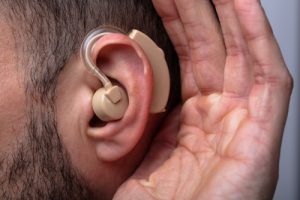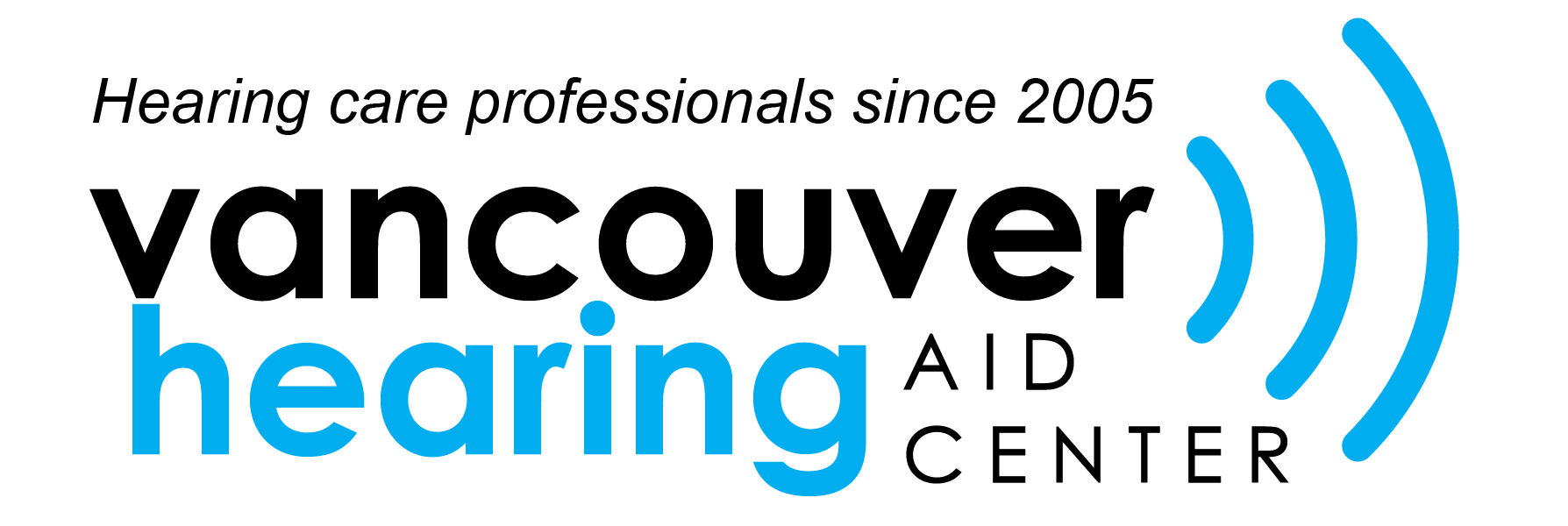 5 Hearing Aid Maintenance Tips
5 Hearing Aid Maintenance Tips
Hearing aids are an essential tool for individuals with hearing loss, providing improved quality of life and communication. Like any other electronic device, hearing aids require proper maintenance and care to function effectively. Here are five hearing aid maintenance tips that can help extend the lifespan of your hearing aids and ensure optimal performance.
1. Keep Your Hearing Aids Clean and Dry
Hearing aids are in contact with wax, oils, and moisture from your skin daily. If left unclean, they can become clogged, damp, or corroded, leading to decreased sound quality and potentially damaging the device. Clean your hearing aids regularly using a soft, dry cloth or special cleaning tools recommended by the manufacturer. Ensure that you avoid using water or any cleaning agents that can damage the device’s components.
2. Turn Off the Hearing Aids When Not in Use
It’s essential to turn off your hearing aids when not in use to conserve battery power. Doing so will help prevent the battery from draining quickly, reducing the need for frequent replacements. Turning off the hearing aids also helps to prevent damage to the device’s internal components due to exposure to moisture and debris.
3. Store Your Hearing Aids Properly
When not in use, store your hearing aids in a safe place and away from pets and children. Consider getting a storage case to protect them from dust, moisture, and physical damage. Remember to remove the batteries from your hearing aids to avoid corrosion due to battery leakage that can damage the device.
4. Replace the Batteries Frequently
Batteries play an essential role in the functioning of hearing aids. It’s essential to replace the batteries when they reach the end of their lifespan to ensure optimal performance. Lithium-ion batteries, which are the most common types of hearing aids batteries, last for an average of three to seven days, depending on usage. Keep spare batteries in the storage case in case of an emergency. Also, remember to remove the batteries if you don’t intend to use the hearing aids for an extended period.
5. Get Professional Maintenance and Repairs
While routine home maintenance keeps your hearing aids in good shape, it’s important to have professional maintenance and repair services to ensure optimal performance and extend their lifespan. Regular check-ups by a hearing healthcare professional can help identify any issues with the device and recommend the appropriate repairs. Don’t try to repair your hearing aid independently if you detect a problem. Doing so can cause more harm than good and may even void your warranty.
Final Thoughts
Hearing aids are essential devices that require proper maintenance and care to function effectively. Accurate care routines ensure that the devices have a longer lifespan, perform well, and remain in good condition. Keep your hearing aids clean and dry, turn them off when not in use, store them properly, replace the batteries frequently, and get professional maintenance and repairs when necessary. By following these tips, you can enjoy a comfortable and clear hearing experience.

